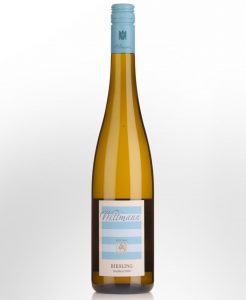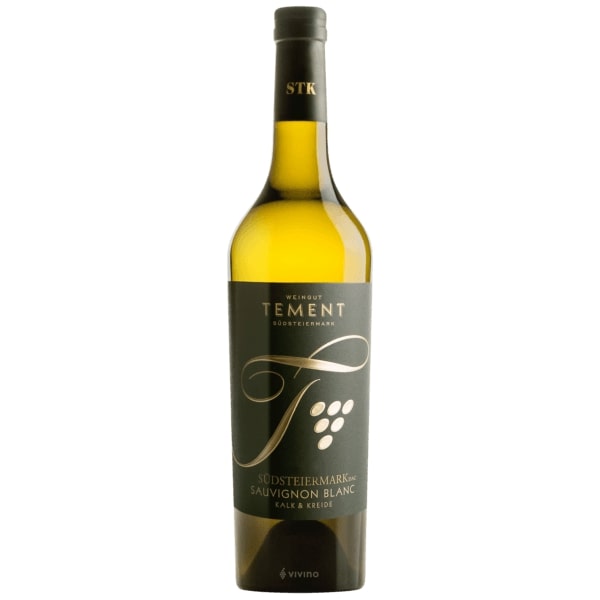Gruber Röschitz Grüner Veltliner DAC Klassic 2022 – Kremstal, Austria
Grown in the organically cultivated micro-cosmos in Röschitz, Lower Austria, their crispy Grüner Veltliner has bright yellow-green, silver reflections. It has a fresh nuance of tropical fruit, with hints of mango, papaya, fresh yellow apple, and delicate meadow herbs.
Its unique freshness, minerality, and fine fruit sweetness on the palate make it a juicy and elegant wine with a harmonic character.
Organic grapes are cultivated in vineyards banning the use of artificial inputs, including synthetic fertilizers, herbicides, fungicides, and pesticides. In organic vineyards, a bountiful growing year relies instead on maintaining strict standards for soil health-for example, upping biodiversity through crop rotation.
No Added Sulfites
In the fermenting and bottling phase of winemaking, organic wines cannot contain added sulfites. Sulfites–also known as sulfur dioxide, a naturally occurring preservative in most wines and an inherent by-product of alcoholic fermentation-can be manually added by the winemaker to up the sulfite level in their bottle of vino, thereby increasing its lifespan. If a winemaker opts to add sulfites but otherwise follows organic farming practices, the wines can’t be labeled “organic.” However, they can be classified as wine “made from organic grapes.”
The exception: bottles produced in Europe and Canada, where organic wine standards allow small amounts of added sulfites as long as the total quantity doesn’t exceed 100 parts per million (ppm) for reds and 150 ppm for whites. (To compare, conventional wine standards in these countries allow sulfite levels up to 150 ppm for red wine and 200 ppm for white.)
Other product suggestions: Wittman Riesling Trocken 2019





